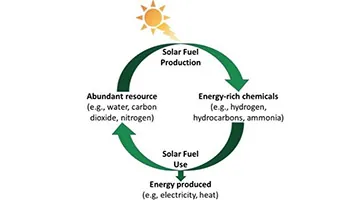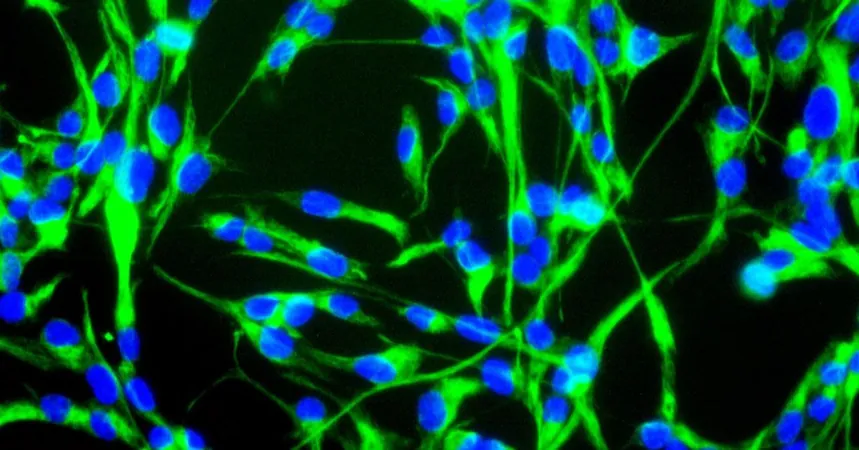
Stroke Survivors Face Alarmingly High Risk of Dementia for Up to Two Decades!
2024-12-09
Author: Li
Research Findings
A groundbreaking study reveals that nearly 20% of stroke survivors are diagnosed with dementia, with this heightened risk persisting for an astonishing 20 years post-stroke. This significant finding was disclosed in research published on December 4 in the esteemed journal Neurology.
Study Details
Under the leadership of Dr. Raed A. Joundi from McMaster University and the Population Health Research Institute in Hamilton, Ontario, researchers conducted an extensive analysis between 2002 and 2022 involving a vast population in Ontario. They specifically focused on adults who were hospitalized for various conditions, including ischemic stroke, intracerebral hemorrhage, and acute myocardial infarction (AMI). A staggering 175,980 stroke survivors were compared to a control group of 174,817 individuals without a stroke history, alongside another group of 151,673 AMI patients.
Dementia Rates
The results were startling: 18.7% of stroke survivors received dementia diagnoses compared to only 12.5% in the control group during an average follow-up period of 5.6 years. The data revealed a strikingly higher rate of dementia per 100 person-years for those who had suffered a stroke (3.34) compared to their counterparts without strokes (1.89) and those with AMI (3.19 versus 1.75). The hazard ratios indicated that stroke survivors faced a significantly elevated risk of developing dementia, with figures of 1.76 compared to the reference group and 1.82 compared to the AMI group.
Time-Related Risk
Intriguingly, the study also found that the risk of dementia varied over time. Stroke survivors experienced a staggering increase in risk within the first year (over 2.5 times higher), followed by a 1.5-fold increase at the five-year mark, and a sustained risk of 1.3-fold even 20 years after the initial stroke. Additionally, recurrent strokes were associated with an even more alarming threefold increase in dementia risk.
Conclusion
"The evidence shows that the risk of dementia is most pronounced shortly after a stroke, but it remains critically elevated even decades later. This underscores the urgent need for innovative interventions aimed at preventing dementia during both the acute and chronic stages of stroke recovery," Dr. Joundi and his team emphasized.
Implications for Healthcare
Given the significant implications of this study, it highlights the importance of ongoing monitoring and care strategies for stroke survivors. The findings also point to an urgent call for health systems worldwide to prioritize dementia prevention in this vulnerable population, ensuring that survivors receive appropriate support to mitigate long-term cognitive decline.
Stay Informed
Stay tuned for more updates on health developments that impact our lives!




 Brasil (PT)
Brasil (PT)
 Canada (EN)
Canada (EN)
 Chile (ES)
Chile (ES)
 España (ES)
España (ES)
 France (FR)
France (FR)
 Hong Kong (EN)
Hong Kong (EN)
 Italia (IT)
Italia (IT)
 日本 (JA)
日本 (JA)
 Magyarország (HU)
Magyarország (HU)
 Norge (NO)
Norge (NO)
 Polska (PL)
Polska (PL)
 Schweiz (DE)
Schweiz (DE)
 Singapore (EN)
Singapore (EN)
 Sverige (SV)
Sverige (SV)
 Suomi (FI)
Suomi (FI)
 Türkiye (TR)
Türkiye (TR)